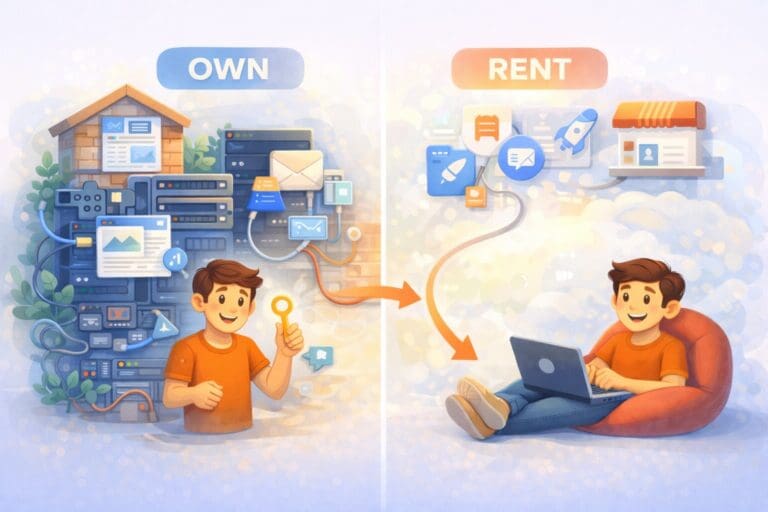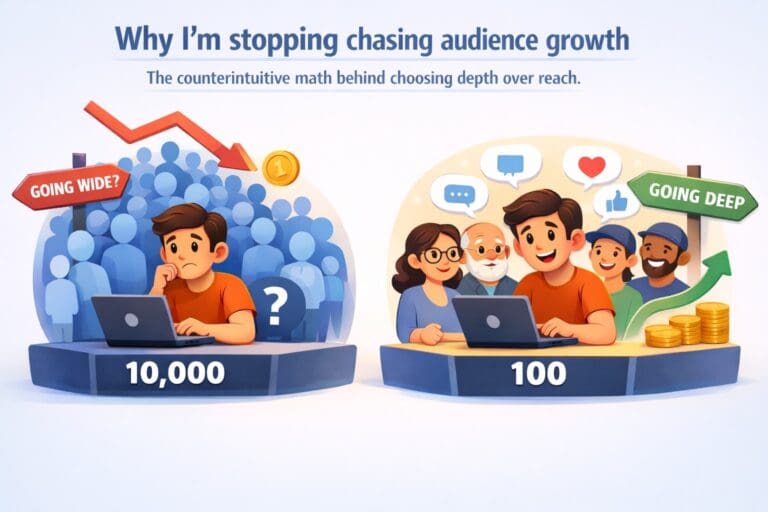Discover why emotionally intelligent leaders build stronger teams and better results
As a project manager working with different teams, I’ve witnessed how emotional intelligence shapes workplace dynamics. Having the technical skills to do your job is important, but understanding and managing emotions – both your own and others’ – often determines whether you’ll succeed professionally.
I see this play out daily in project meetings, client interactions, and team collaborations. When emotional intelligence is lacking, even simple disagreements can derail productivity. But when it’s present, it creates an environment where people work better together and achieve stronger results.
Emotional intelligence isn’t just a buzzword – it’s a crucial skill that impacts everything from team performance to client relationships. In this article, I’ll break down why it matters and how understanding emotions transforms business outcomes.
The real cost of ignoring emotional intelligence
A lack of emotional intelligence in the workplace leads to misunderstandings, conflicts, and missed opportunities. When team members can’t recognize or respond appropriately to emotions, simple project discussions can spiral into heated arguments. Communication breaks down, deadlines slip, and team morale suffers.
Research backs this up. A study by TalentSmart found that 90% of top performers score high in emotional intelligence, while just 20% of bottom performers do. Companies are increasingly recognizing EI as crucial for business success.
The four pillars of emotional intelligence in business
Emotional intelligence consists of four key components that directly impact workplace effectiveness:
Self-awareness: Understanding your own emotions, strengths, and weaknesses. This helps you recognize how your moods affect others and adjust your behavior accordingly.
Self-management: Controlling impulsive feelings and behaviors, managing emotions in healthy ways, and adapting to changing circumstances.
Social awareness: Reading the emotional climate of a situation and understanding others’ emotions. This includes recognizing team dynamics and power structures within organizations.
Relationship management: Using awareness of your emotions and others’ emotions to manage interactions successfully. This includes clear communication, conflict resolution, and collaboration.
Building stronger business relationships through emotional intelligence
Emotional intelligence transforms how we interact with colleagues, clients, and stakeholders. When you can read emotional cues and respond appropriately, you build trust more easily. You notice when someone is hesitant about a proposal and can address their concerns before they become obstacles.
Technical skills may get you in the door, but emotional intelligence helps you thrive once you’re there. It enables you to:
- Navigate difficult conversations productively
- Build rapport with team members and clients
- Understand underlying concerns in negotiations
- Create an environment where people feel heard and valued
Leading with emotional intelligence
Leading effectively requires more than just delegating tasks and monitoring deadlines. Emotionally intelligent leaders create psychological safety – an environment where team members feel comfortable taking risks and sharing ideas.
They achieve this by:
- Reading team dynamics and addressing tensions early
- Showing empathy during challenging situations
- Giving feedback in ways that motivate rather than discourage
- Understanding how organizational changes affect team members emotionally
Making emotional intelligence work for you
Building emotional intelligence takes practice and self-reflection, but its impact on business success makes it worth the effort. Start by observing how emotions affect your workplace interactions. Notice how different communication styles influence team dynamics and project outcomes.
Take small steps to improve:
- Pay attention to nonverbal cues in meetings
- Practice active listening with colleagues
- Reflect on your reactions to challenging situations
- Ask for feedback on your communication style
The most successful business relationships aren’t built on technical skills alone – they’re built on understanding and managing emotions effectively. Whether you’re leading a team, managing projects, or building a business, emotional intelligence will help you create stronger connections and better results.
Next time you’re in a challenging work situation, pause and consider the emotional factors at play. Your ability to understand and navigate emotions might just be the key to unlocking your next level of professional success.






